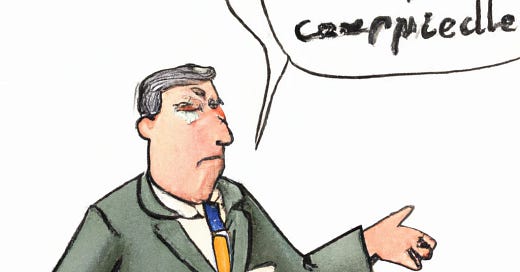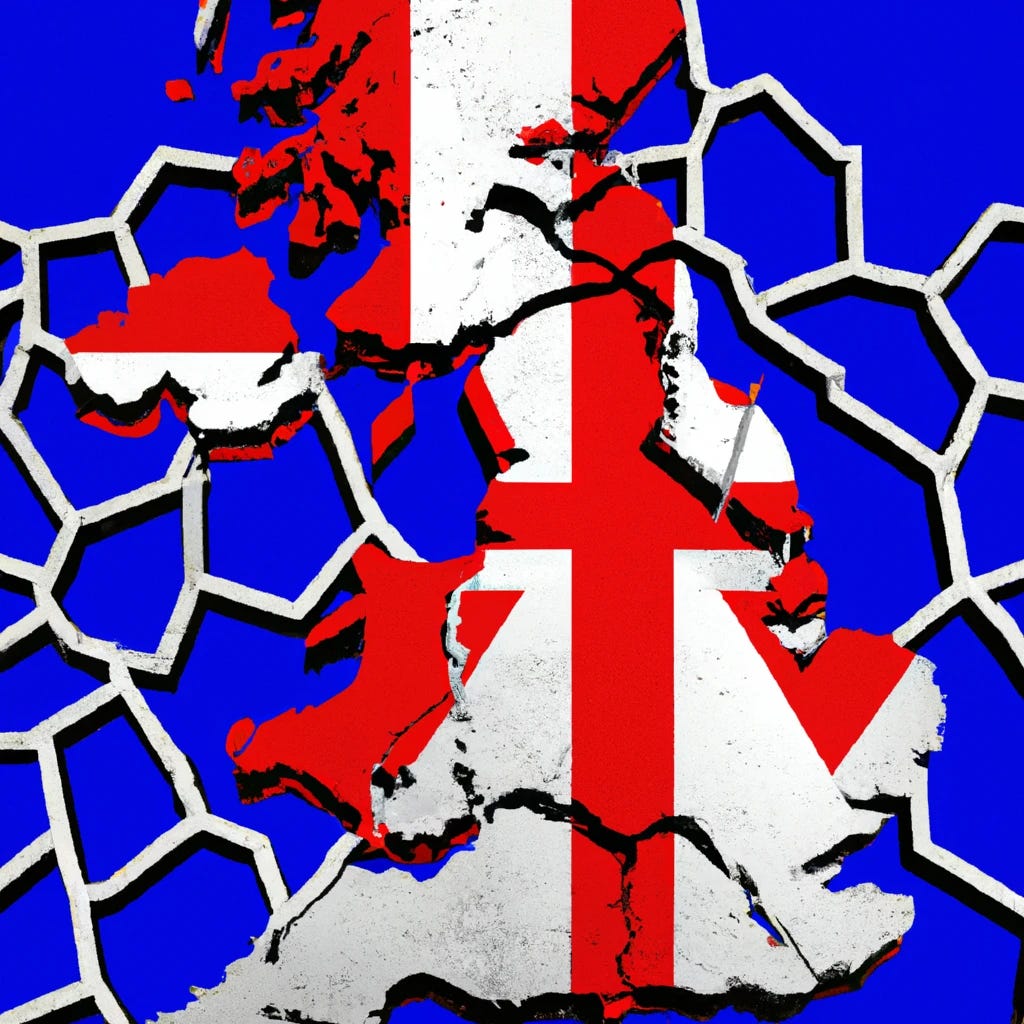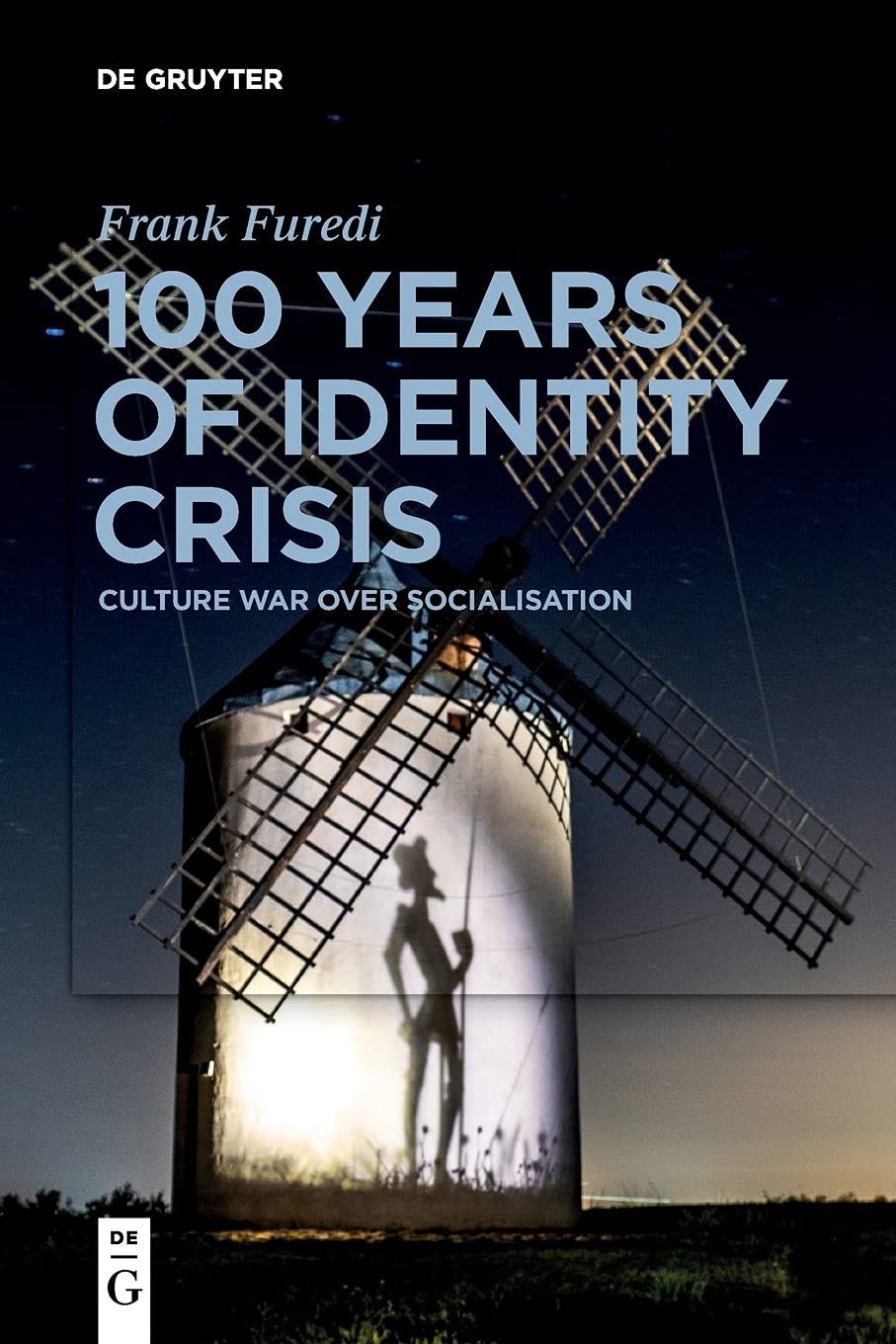Watching the drama unfold around the demise of Prime Minister Liz Truss, it is difficult to avoid the conclusion that members of the nation’s ruling elites have become performers in a non-ending political circus. The sight of petty squabbling in Parliament is dispiriting and what makes matters worse is the realisation that the problem is not her. Authoritative leadership is conspicuous by its absence. Nor is this merely a British phenomenon. The entire western world has become leaderless. Mention the names of Joe Biden, Olaf Scholtz or Emmanuel Macron, and you struggle to find a hint of inspiration and effective leadership in their demeanour.
Arguably the most distinctive characteristic of the Western ruling class in the 21st century is its ineffectiveness. They resemble second-rate managers who are far more interested in making problems go away than in resolving them.
The ineffectiveness of the Western ruling class is most strikingly evident in the domain of foreign affairs. The West’s humiliating retreat from Afghanistan highlighted its absence of geopolitical vision. Its lack of clarity was further exposed by the embarrassingly ignorant manner in which western leaders conduct their geopolitical affairs. When the then British Foreign Secretary Liz Truss confused the Baltic and the Black Sea while pledging to support Ukraine, she let the world know that she was not on top of her brief. Similar blunders by President Biden – such as confusing Hungarians with Ukrainians – are not simply an expression of personal defects. They are symptomatic of a cavalier and unprofessional approach towards leadership that characterises the behaviour of the western foreign policy elites.
Certainly, today's elites appear to be far less effective than their counterparts in the 1950s and 1960s. In his recently published book, Leadership: Six Studies in World Strategy, Henry Kissinger bemoans the absence of thoughtful statesmanship in the contemporary era. He highlights a lack of strategic purpose and absence of intellectual seriousness among contemporary Western leaders. In part, Kissinger blames universities for producing ‘activists and technicians’ rather than leaders.
Other observers assert that the lack of strategic purpose of the the ruling class is because elites are increasingly fragmented and lack cohesion and the capacity to exercise leadership. Elite fragmentation means that often it is unable to act effectively1. This development is particularly striking in relation to the United States, where the government is often paralysed in self-inflicted gridlock. Humiliating setbacks in Afghanistan, Syria, Iraq and Libya suggest that the so-called power elite cannot exercise its power effectively. As Lachmann pointed out:
‘America is unique among the world’s dominant powers of the past five hundred years in its repeated failure to achieve military objectives over decades. Those failures are even more extraordinary because they occurred in the absence of a rising military rival.’2
The absence of effective leadership is not confined to the United States. The New York Times commentator Bret Stephens is rightly concerned about ‘Our Leaderless Free World’. He noted that the ‘central fact about the democratic world today is it is leaderless’.
Lack of leadership is manifest in Britain, where nothing seems to work. According to The Economist, ‘almost nothing seems to be working in Britain’. ‘Why is nothing working in broken Britain’ asks The Times as it observes that ‘infrastructure is creaking’ and ‘customer service is shoddy’ and that ‘life is dominated by delays, tedium and frustration’. The French paper Le Monde agrees and claims that ‘Britain is going through a bad patch’
While it has become fashionable for the mainstream media to highlight the problems plaguing post-Brexit Britain, it is important to underline that other western nations face a similar predicament. The depressing quality of political leadership transcends national borders. It all points to a dangerous and corrosive decline of the ruling elite’s leadership. It indicates that what is at stake is not simply to do with the quality of individual members of the elite but also with matters that are far more fundamental, which is its inability to convert its official position into power and a form of legitimate authority.
The American political scientist, Andrew Michta wrote of ‘a profound crisis of America’s leadership class’, which he attributed to the ‘elites becoming unmoored from the fundamentals of this nation’s founding and its traditional commitment to building a decent society’. He added, ‘for too many in a position of authority, leadership is not understood to entail the ultimate responsibility for those entrusted to one’s care, but rather as a perpetual entitlement to rule over what is left of our once self-constituting communities’. There is no doubt that the new generation of western elites possess a feeble sense of duty and service and find it difficult to take responsibility for taking on the challenges facing society.
It is striking just how much members of the elites opt to serve themselves and behave as individuals rather than as members of a group. Some observers assert that elites are increasingly fragmented and lack the capacity to exercise leadership. Elite fragmentation means that it is often unable to act effectively3. The loss of elite cohesion has been fully displayed in recent British public life, where leading political figures continually brief the press to gain an advantage over their colleagues. Party loyalty is conspicuously absent, and politicians in a position of power are so distracted by infighting with colleagues and maintaining appearances for the media that they give little priority to exercising their official responsibility. They are officials who don’t know how to rule.
Most explanations for the weakening of elite cohesion and its inability to formulate an authoritative shared outlook focus on the economic and social changes that kicked in during the late 1970s. Whilst deregulation, financialisation, and the rise of digital technology contributed to the disruption of institutions, the erosion of institutional loyalties and the loss of institutional memory, there were other, arguably more important factors at work. The loss of elite cohesion runs in parallel with the loss of a conviction in the values and outlook into which previous elites were socialised. It is difficult to maintain solidarity unless it is underwritten by a set of values to which members of the elite subscribe.
The fragmentation of the ruling elites has been a long time coming. Until the end of the Cold War, Western political elites were able to enjoy an unprecedented degree of legitimacy and political authority. During the 1950s, 1960s and 1970s, the authority of western elites was sustained by their apparent moral superiority over those of the Soviet Union. The economic dynamism of western capitalism was all too apparent when contrasted with the stagnant economies of the Soviet Bloc. As against the repressive and totalitarian regime of the Soviet Union, the capacity of the West to uphold the values of freedom and democracy gave it a sense of moral superiority. Cold War conflict and a very transparent contrast between the two ways of life served to affirm the authority of Western elites.
Anti-communism was an important political resource from which the Western elite could draw. It also endowed elites with a sense of cohesion. Most important of all, it provided them with moral legitimacy.
With the disintegration of the Soviet Bloc, Cold War ideology lost its influence, forcing elites to look for other sources of legitimation. Since the end of the Cold War, the ruling classes have found it difficult to elaborate a set of values that could provide it with the kind of legitimation offered by anti-communist ideology. The heads of all the major institutions – business, state, civil service, political, education and cultural institutions – have been on a permanent quest to find an effective source of legitimation. At times they embraced science or expertise to legitimate their policies. They have even sought to harness the ideological appeal of identity politics to help them overcome the legitimacy crisis that confronts them.
Michta’s description of the elites’ attempt to rule through a form of governance that relies on its technocratic impulse and identity politics captures this group’s behaviour:
‘The prevailing elite method of governance today rests on stoking group grievance and then appeasing the mob when group identity politics break yet another national bond that it took generations of Americans to build. The goal is increasingly to claim credit for “progress” that is inevitably merely a waystation to the next crisis after which, at some unspecified point in the future, we will build a “truly just society.” The past three decades have seen our elites beat a relentless drumbeat of this narrative, and it seems poised to reach yet another, higher, pitch’.
Michta’s observation about elite governance points to an important development in the exercise of elite rule. What has occurred is that the insecurity of the ruling class has led those in charge of political and economic institutions to increasingly rely on institutions of culture and the media to forge a measure of elite cohesion. In turn, this has led to a situation where the cultural elites have acquired an unprecedented degree of influence over members of the ruling class.
In recent decades the ruling class has increasingly relied on cultural influencers to secure its legitimation. Consequently, the politics of culture – including identity – has become an important resource for exercising power. Culture has become the predominant mode of elite self-understanding and self-definition, particularly in the wake of growing threats to the traditional foundation of elite power. In this context, the cultural elites have come to play a critical role in the constitution of elite solidarity.Their institutions, particularly that of the media, provide the script that elites use to play their role. However, cultural politics is inherently divisive. That is why so many of the disputes in the contemporary world are related to conflicts of value.
The unprecedented influence of the cultural elites over their peers who supposedly run economic and political institutions distracts them from their responsibility. This is particularly the case with members of the political class who become so obsessed with their media profile and being on message that they lose sight of what they need to do to get things done.
The ascendancy of the cultural elites raises the question of why they gained such hegemonic influence over the behaviour of the other sections of the ruling class. The answer to this question is the loss of self-belief of the western elites.
‘
As I argued in my 100 years of Identity Crisis: Culture War Over Socialisation, the elites of the West have become estranged from the foundational values that underpinned their culture. The corrosive implication of this loss of connection with cultural values was already highlighted by Winston Churchill in 1930. In his memoir, My Early Life (1930), Churchill drew attention to the estrangement of his society from the past's legacy and values. He observed:
‘I wonder often whether any other generation has seen such astounding revolutions of data and values as those through which we have lived. Scarcely anything, material or established, which I was brought up to believe was permanent and vital, has lasted. Everything I was sure or was taught to be sure, was impossible has happened’
Churchill recognised the importance of not giving up on the values that underpin European civilisation without a fight.
In her 1965 lecture, ‘Some Questions of Moral Philosophy’, the political philosopher Hannah Arendt alluded to Churchill’s reflection on the disappearance of values that once seemed permanent. She noted that ‘without much notice’, the moral values that helped people ‘tell right from wrong’ had ‘collapsed almost overnight’.
The apparent loss of the moral imagination that inspired western civilisation, which haunted Arendt, continues to be an issue to this day. The loss of moral clarity means that elites have power but without meaning. Zaki Laïdi clearly articulated this point in his A World Without Meaning: The Crisis Of Meaning In International Politics (1998), when he wrote, ‘Power is nothing when it has lost meaning’. Unable to find a moral language with which to justify their policies, members of the elite resort to managerial talk and technocratic political practices. And that is not an effective way of running society.
Mizruchi MS and Hyman M (2014) ‘Elite fragmentation and the decline of the United States’ Political Power and Social Theory vol 26.
Lachmann, R. (2020) First-Class Passengers on a Sinking Ship: Elite Politics and the Decline of Great Powers, Verso: London, p.4.
Mizruchi MS and Hyman M (2014) Elite fragmentation and the decline of the United States. Political Power and Social Theory 26:







